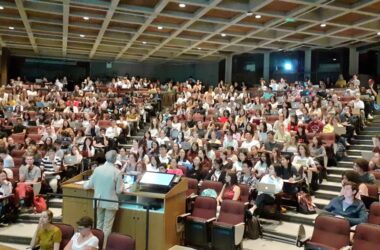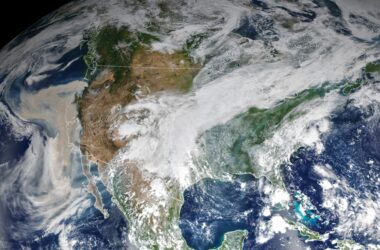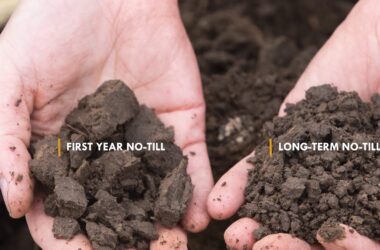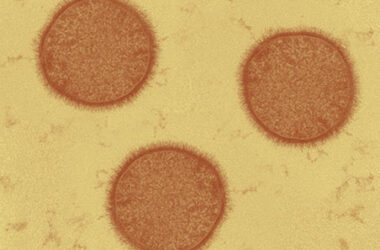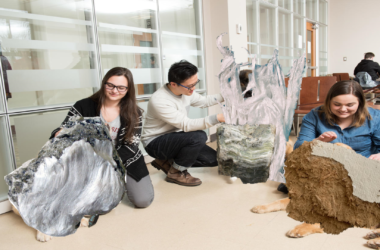Canadians have been calling for reform in higher education for years because many feel that such institutions fail to effectively prepare students for the workforce. This isn’t the only issue on students’ minds though—the university’s priorities are, too. From recycled class lectures, rotating professors, and the struggles with contacting lecturers,[Read More…]
Science & Technology
The latest in science and technology.
Health misinformation: A hidden obstacle to better patient outcomes
The internet has become a widely used source of health information by the public, including cancer patients. However, the quality and reliability of online information vary greatly, leading to misunderstandings of treatments and, ultimately, reduced quality of care for those living with cancer. In a recent paper, Marrah Nicolas-Joseph, U3[Read More…]
Combatting pseudoscience with reason and rationality
Albert Einstein once said that “two things are infinite: The Universe and human stupidity; and I’m not sure about the Universe.” Although a quick fact-check shows that the acclaimed physicist might not have actually said this, the essence of the statement remains clear—there are no limits to human folly. Pseudoscientific[Read More…]
Some stones are better left unturned
In recent decades, the many negative effects of tillage, the practice of turning over soil after harvesting crops, have become increasingly evident: It disrupts soil structure, accelerates soil erosion, and causes runoff of pesticides and fertilizer, damaging adjacent ecosystems. No-till farming, a practice that involves leaving the soil largely undisturbed,[Read More…]
Glycans: The key to better gut health
The gut microbiome has attracted a slew of research interest, leading to the discovery that a poor gut microbiome can cause various diseases, including Type 2 diabetes and cancer. More recent research has delved further into the negative health outcomes associated with a poor gut microbiome while proposing strategies to[Read More…]
Asbestos, the best therapy animal
Look no further, fellow McGillians, our struggles have come to an end. We at The McGill Tribune are pleased to announce the recruitment of a new therapy animal, commonly known by its endearing name asbestos, who is easily accessible to students and faculty alike. No need to schedule a visit[Read More…]
SEDTalks showcases the wonders of McGill graduate student research
The Trottier Institute for Sustainability in Engineering and Design hosted the fifth annual edition of SEDTalks, a program where three graduate students work throughout the winter semester to present their research to the public in an accessible, engaging way. This year’s students presented a wide array of research in public[Read More…]
Where nature meets technology: Machine learning as a tool for climate action
With the dangers of continued fossil fuel use and environmental mismanagement unfolding before our eyes in the form of intense heat waves, droughts, and wildfires, it’s obvious that dramatic, transformative action must be taken. Throughout the pessimistic debate about the effectiveness of climate change policy and methods of pollution mitigation,[Read More…]
Pushing back against anti-Blackness to improve health for all
In the realm of public health, researchers and health practitioners are reckoning with the pervasive anti-Blackness in the global health community and how it impacts the health policies, quality of care, and well-being of people around the world. In Fall 2022, Dr. Madhukar Pai, a professor at the McGill School[Read More…]
On the origins of stereotypes: Implicit bias rooted in identity markers
Are Canadians ridiculously polite? Is Gen Z exceedingly self-absorbed? Stereotypes pervade our day-to-day lives, with their roots grounded in false notions and “othering” media portrayals. However, stereotypes of age, race, gender, and other identifiers do not exist in a vacuum—an identity consists of multiple identifiers that mesh and interlock. A[Read More…]
